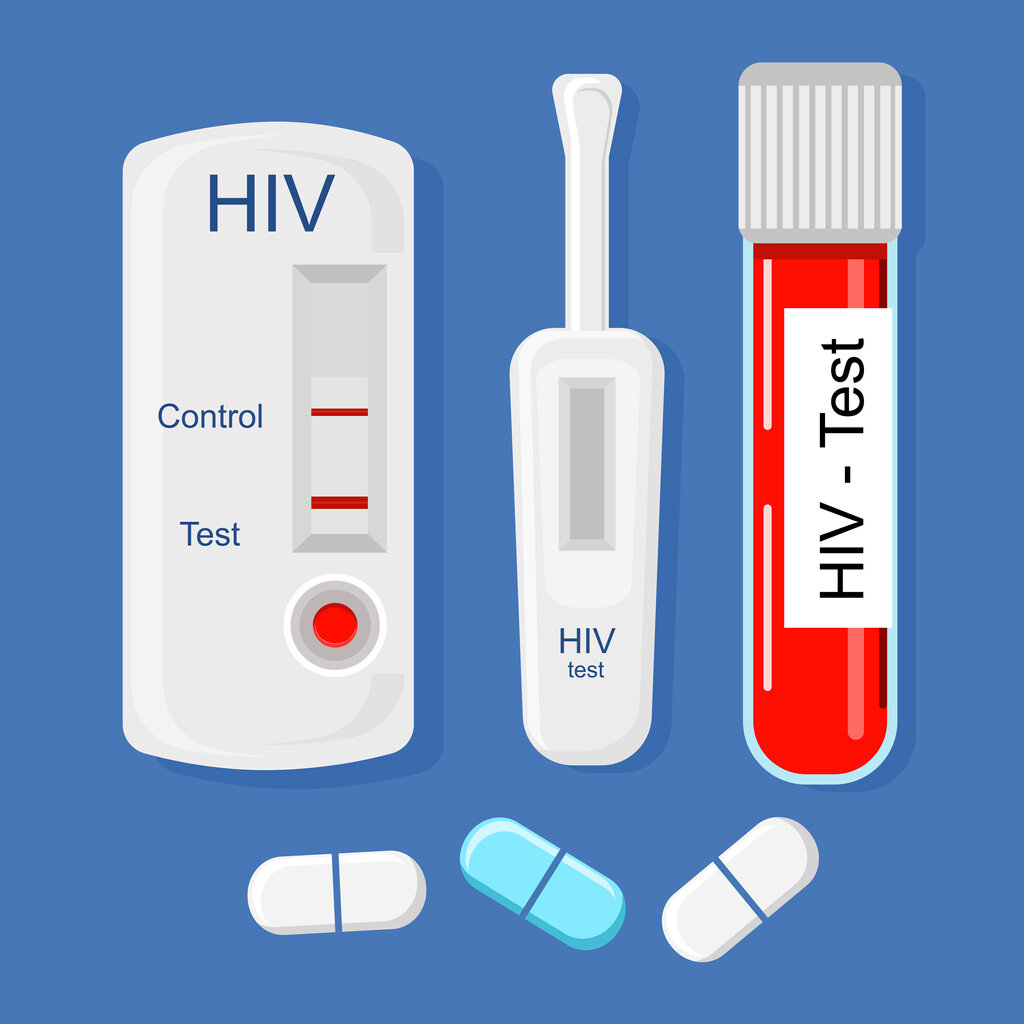According to the Centers for Disease Control and Prevention, there were 26 million new STI diagnoses in the United States in 2018 alone and about half of those new cases were among those aged 15-25. STIs are very common and can spread very easily, making it crucial to be aware of these infections and what to do in the case you believe you’ve contracted an STI.
WHAT ARE STIS?
STIs, or sexually transmitted infections, can be passed from individual to individual during unprotected vaginal, oral, or anal sex or any genital contact. These STIs include:
- Chlamydia
- Genital herpes
- Genital warts
- Gonorrhea
- Pubic lice
- Syphilis
- HIV
Some STIs, such as chlamydia, gonorrhea, and syphilis, are caused by bacteria and can be cured with antibiotics. Other STIs, such as genital herpes or genital warts are caused by viruses, meaning they can not be cured, but symptoms can be managed.
WHAT TO DO IF YOU BELIEVE YOU HAVE AN STI
If a sexual partner of yours has revealed they have an STI or you are displaying any concerning symptoms linked to an STI, it’s time to go get checked by a medical professional. Different tests need to be performed for each type of STI, so if you know which STI you may have been exposed to, be sure to tell your doctor.
Going untested and untreated for an STI can lead to serious and potentially life threatening health complications, so don’t wait. And if you are sexually active, especially if you change partners, still get tested regularly to ensure you are healthy and can’t pass anything to others.
Getting checked for an STI can be a very unnerving and maybe embarrassing experience, so be sure to go to a trusted STI Testing Center in PA to get the necessary testing and treatment for your possible diagnosis.
STI Testing and Treatment in Pennsylvania
If you’re looking to get STI testing, go to a medical center that is safe, welcoming, and where patient care is the top priority. Here at Novus ACS, we work hard to provide FREE and confidential STI testing for every individual that needs it, regardless of your situation or background. Visit our website to learn more and schedule an appointment, today!

